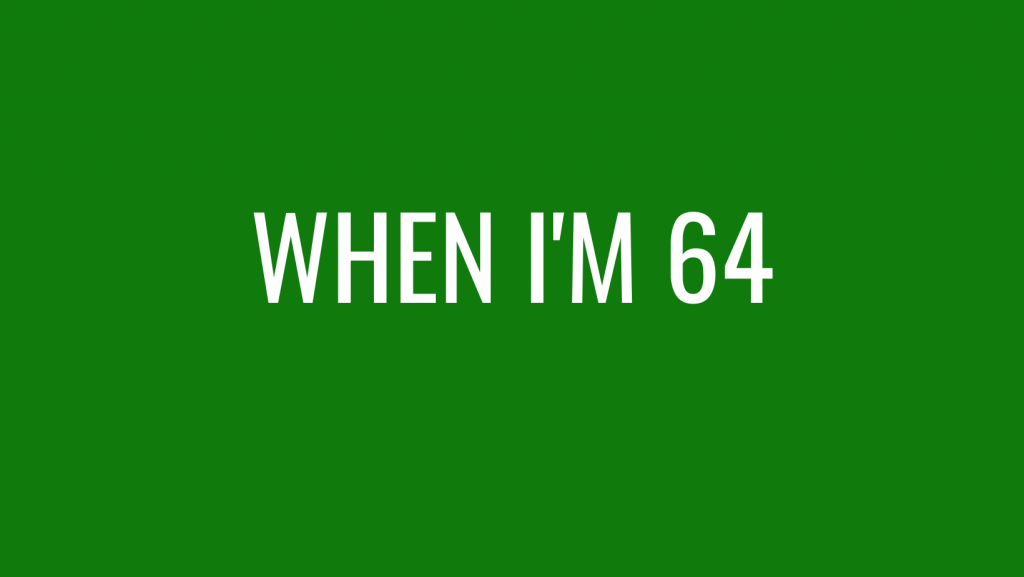
About When I’m 64
When I’m 64, a documentary series about looking for work when you are over 55. With the Australian Government talking about raising the pension eligibility age to 70, there’s been a lot of talk about all of us having to work until we are older. In fact, the statistics show that the percentage of workers over the age of 55 is steadily growing. Compared to younger males, for example, the employment growth statistics are quite good. However, what these statistics reveal is that a lot of workers are growing older. They don’t tell us much about the unemployment figures in the older age groups. More importantly, they don’t tell us anything about the length of time unemployed older people are out of work. In these two programs, Peter Tozer and Paul Thusi take a look at what it’s like looking for work when you’re older.
How The Project Started
We first got the idea to do this project when a few older people at the station found themselves out of work. They were highly talented individuals who were active in the community but had somehow found themselves in situations of restructures and redundancies. This documentary series is another Radio Skid Row Production which has been supported by the Community Broadcasting Foundation’s Content Development Fund.
Producers Peter Tozer and Paul Thusi have both experienced unemployment in their older years. In this project they dug deep into research, talked to public servants, job agencies and employers to try to unravel the story of how the system caters for older unemployed people. At the same time, some of the older people we met who were looking for work agreed to keep diaries of their experiences. They sporadically sent us their diary entries by email, in between Centrelink and job agency appointments, and endless interviews. The journey was painful, with many giving up their search for work. It has been interesting for us to complete this production while, at the same time, talkback radio is taking calls from people who are sharing their experiences about being out of work. There is no doubt that the biggest barrier faced by older people trying to get a job is, to put it simply, age discrimination. In particular, recruitment agencies, with their younger staff, make assumptions about older people’s ability to change or their technology skills. There is a brighter side to the story and it comes from one employer who believes there are endless benefits to having not only a culturally diverse workforce but also an age-diverse one.
This project was made possible with funding from the Community Broadcasting Foundation’s Content Development Grants.

